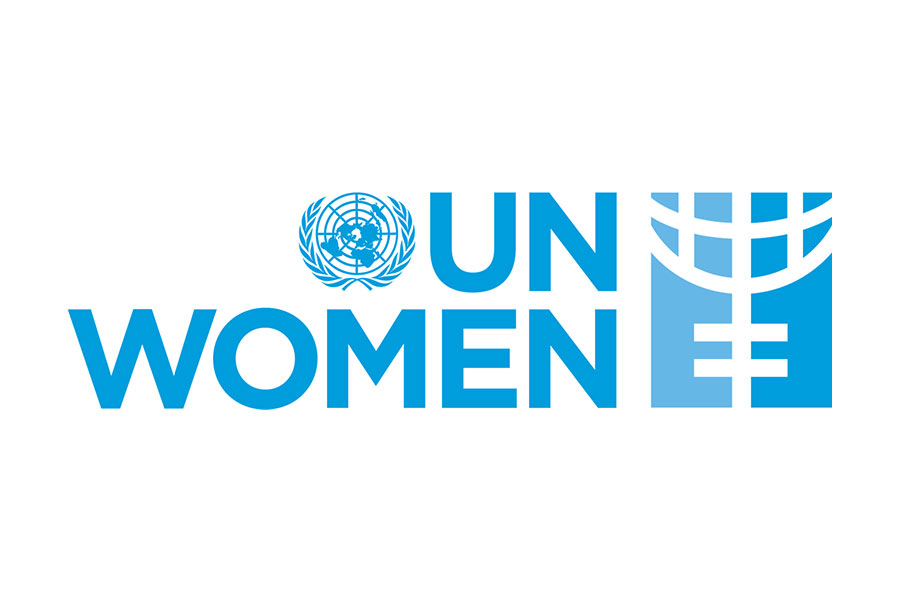
Radar | Dec 24,2022
Self-help books will have us believe that time management is one of the major factors for success. If this is the case, then it is a tragedy for many Ethiopian girls and women in households. The less time one has on their hands, the harder it becomes to manage, as women are forced to do in such a highly patriarchal society.
I imagine a girl in her rural village, wishing for a better life and being denied the opportunity to progress. Outside of Addis Abeba, I have met many girls who were unable to leave their houses in fear that it would damage their reputation. Some of them never advanced to become anything other than a wife or a mother just like their mother and grandmothers without their own accord.
One such girl I met was in Debre Birhan. She had been denied the opportunity to join a technical and vocational education and training (TVET) school following her 10th-grade exams. Her parents argued that the school was too far and this bright young girl was confined to the four walls of a one room-house where four other family members lived.
She was an aspiring writer. She had multiple notebooks filled with fantasy novels. But bright as she is, she is not allowed to go to work because of her prideful father. Secretly she washes clothes for truck drivers who pass through their side of the neighbourhood as well as doing crochet work to earn pocket money to top-up her phone. She uses most of her free time trying to get through on radio shows in order to network.
No one considers the women who contribute immensely within the household.
But even her mother looks at her like one would stare at the sun. Her mother fears that if she looks too long into the rays of her intelligence, she would be blinded by it. I never knew if her parents were afraid she would fail, because this world is cruel or because they did not imagine what success for her could look like.
Parents often wish for a good life for their children, one full of milk and honey. In truth, many justify sending their daughters to school, because they can only hope she will provide them with the ability to care for their other children. Even in her emancipation, a girl is expected to be selfless.
A lot of the chatter around job creation fails to integrate women systematically. A good example of this is the masses of men that are aimlessly roaming the city with no focus. It is heartbreaking.
Yet it is also a matter of fact that women are not out there roaming aimlessly as well. Even when they are branded “unemployed,” they still work. The support given by women in the household is a contribution to each member who goes out and becomes successful.
Women’s empowerment is a lonely path. The empowered woman’s family life is often only celebrated by friends while tolerated by the rest of the family. Her voice is mostly seen as a threat to their ways of life.
Often, women’s experiences are found inadequate to those of men, because they are conducting their lives as if they have no other obligation. The mental load of running a family always falls on her shoulders, even in the more progressive households. While women’s strength seems to be rooted in sacrifice, as a community, we have emboldened rules and regulations that discriminate against her. Women's predominantly supportive role has been mistaken for lack of capabilities.
We need to reassess what it means for women to be held accountable and responsible to a much higher standard than men. Their intelligence is questioned, while lack of responsibility is passed off as a tolerable male trait.
How do we convince a nation to hear a woman whose family has barely tolerated?
There is a lack of genuine representation on the ground despite what the ministerial cabinet and television stations report it as. Too many mask the scale of disproportionate representation in almost every other socioeconomic or political sphere. This is something that will never change unless representation begins in our households.
If we can teach one another to value the thoughts, arguments and choices of the female members of the household, it would be possible to adapt this change to institutions and communities.
PUBLISHED ON
Feb 15,2020 [ VOL
20 , NO
1033]


Radar | Dec 24,2022

Films Review | Jan 23,2021

Viewpoints | Nov 25,2023

Sponsored Contents | Oct 25,2021

Sunday with Eden | Mar 11,2023

Viewpoints | Jun 15,2024

My Opinion | Jan 21,2023

Radar | Dec 26,2020

Viewpoints | Sep 06,2020

Sunday with Eden | Jul 25,2020

Dec 22 , 2024 . By TIZITA SHEWAFERAW
Charged with transforming colossal state-owned enterprises into modern and competitiv...

Aug 18 , 2024 . By AKSAH ITALO
Although predictable Yonas Zerihun's job in the ride-hailing service is not immune to...

Jul 28 , 2024 . By TIZITA SHEWAFERAW
Unhabitual, perhaps too many, Samuel Gebreyohannes, 38, used to occasionally enjoy a couple of beers at breakfast. However, he recently swit...

Jul 13 , 2024 . By AKSAH ITALO
Investors who rely on tractors, trucks, and field vehicles for commuting, transporting commodities, and f...

Jul 12 , 2025
Political leaders and their policy advisors often promise great leaps forward, yet th...

Jul 5 , 2025
Six years ago, Ethiopia was the darling of international liberal commentators. A year...

Jun 28 , 2025
Meseret Damtie, the assertive auditor general, has never been shy about naming names...

Jun 21 , 2025
A well-worn adage says, “Budget is not destiny, but it is direction.” Examining t...